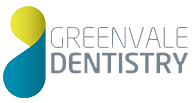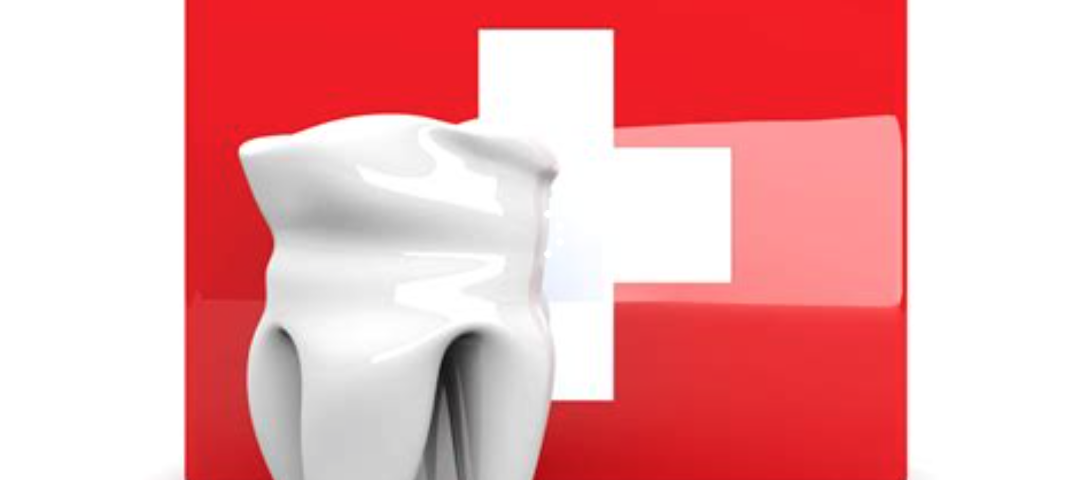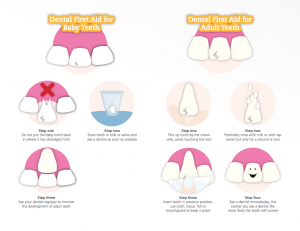Can you handle a DENTAL EMERGENCY?

Medicine Misuse
January 8, 2019A dental emergency from an accident can happen to anybody at any age. When we think of facial-dental injuries, we think footballers or pub-brawls or that-guy-from-“the hangover”. But in actual fact, it’s a much more common occurance, especially amongst the youngest members of our community.
Knowing what to do within the first few seconds of the injury can make all the difference.
BABY TEETH
Dental first aid for primary teeth. Better known as baby teeth or milk teeth.
- If a child knocks out a baby tooth, DO NOT attempt to put it back in.
- Contact our dental rooms of an immediate EMERGENCY dental examination. Let the receptionist know what has happened. This ensure the child can be attended to as soon as they arrive.
- Examination by our dentist. We will check:
- the entire tooth has been knocked out and not just part of the the tooth
- the whole mouth and face for any other trauma
- Attend regular dental check-ups so we can monitor the developing adult teeth.
*HANDY TIP* If you’re not sure if the tooth is an ‘adult’ or ‘baby’ tooth, store it in milk or saliva and bring it to your appointment. You could also take a quick photo an email it through to us once you’ve called to let us know what has happened.
ADULT TEETH
Dental first aid for secondary teeth. Better known as adult teeth or permanent teeth.
- Remain calm, locate the displaced tooth, being careful to handle it by the crown only. Try to avoid touching the root of the tooth if possible.
- If the tooth has obvious debris rinse the tooth with some milk. (If milk isn’t available you can use tap water for only for 1-2 seconds. Do not rub, scrub or soak the tooth!)
- Try to insert the tooth back to it’s previous position, you may need a second set of eyes to help you. Check the tooth is facing the correct way (don’t insert it backwards).
- Bite on a soft cloth or tissue to help keep the tooth in place.
- Call us immediately for an appointment, ideally within 30 minutes of the incident. The sooner the tooth is replaced, the higher the likelihood it will survive.
*HANDY TIP* If you can’t get the tooth back in, store it in a container with saliva (from the same person as the tooth please!) or milk. Don’t wrap it in a tissue or cloth, as this will dry out the tooth.
IN SUMMARY : (brilliantly illustrated by the Australian Dental Association – www.ada.org.au )
Where a tooth is only chipped or cracked, it is still important to book an appointment. Even though the damage may be visibly ‘minor’, a thorough assessment with a dentist is necessary to reduce the risk of infection, decay or future loss of the tooth. If you are able to retrieve the broken fragments, it may be possible for our dentist to reattach the fracture fragments.
Dental Emergency 101 COMPLETED…. Now remember to floss!


